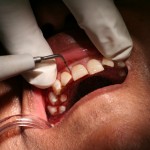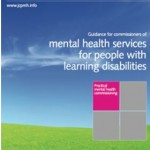
In 2006 the American Dental Association (ADA) published recommendations regarding professionally applied topical fluorides. An update of these guidelines has just been published. An executive summary is available from the Journal of the American Dental Association and the full report can be downloaded from the ADA – Centre for Evidence-based Dentistry (ADA-EBD) website (see links). [read the full story…]










